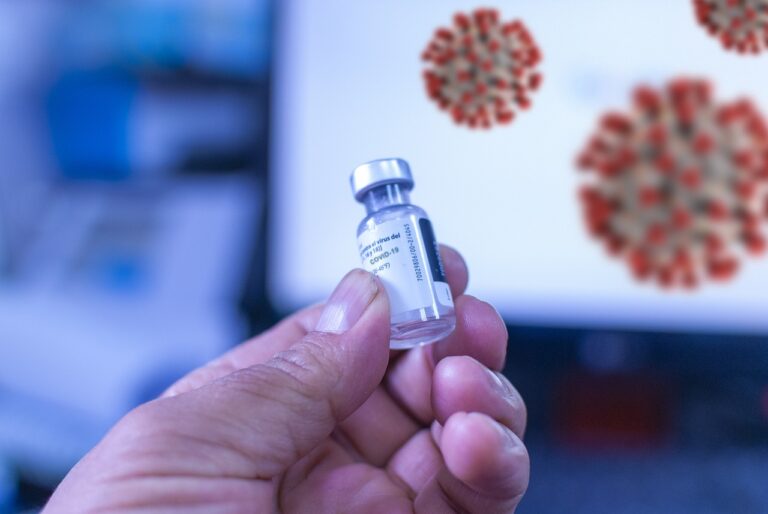The Potential of Mobile Health (mHealth) Apps in Disease Management
Disease management apps have become a valuable tool in assisting individuals to monitor and track various health conditions. These mobile applications offer a convenient way for users to input important health data, such as medication schedules, symptoms, and vital signs. By centralizing this information, patients and healthcare providers can access real-time updates and make informed decisions regarding treatment plans and interventions.
Moreover, disease management apps often feature educational resources and integration with wearables or other devices to enhance the monitoring process. Some apps also provide personalized recommendations based on the user’s input, creating a more tailored approach to managing one’s health. Overall, these apps contribute to empowering individuals to take a proactive role in their health management and foster better communication between patients and healthcare teams.
– Disease management apps assist individuals in monitoring and tracking health conditions
– Users can input medication schedules, symptoms, and vital signs for easy access
– Real-time updates allow healthcare providers to make informed treatment decisions
– Apps often include educational resources and integration with wearables for enhanced monitoring
– Personalized recommendations based on user input create a tailored approach to health management
– Empowers individuals to take a proactive role in their health management
– Fosters better communication between patients and healthcare teams.
Benefits of Using mHealth Apps for Disease Management
Disease management apps offer a convenient way for individuals to monitor their health conditions and track progress over time. These apps often come equipped with features that allow users to input important health data, such as blood pressure readings, medication reminders, and symptom tracking. By having this information easily accessible on their smartphones or devices, users can stay on top of their health management and make more informed decisions about their care.
Moreover, mHealth apps can enhance patient-provider communication by enabling users to securely share their health data with their healthcare providers. This real-time exchange of information can lead to more personalized treatment plans and better coordination of care. Additionally, mHealth apps can provide users with educational resources and self-management tools to empower them to take a more active role in managing their health conditions.
Challenges and Limitations of Disease Management Apps
Despite the numerous benefits that disease management apps offer, there are several challenges and limitations that users may encounter. One common issue is the lack of standardization among these apps, leading to differences in functionality and reliability. This variation can make it difficult for healthcare providers to recommend a specific app to their patients, impacting the overall effectiveness of disease management through these digital tools.
Additionally, user engagement and adherence to app usage can be a significant challenge. Many individuals may download a disease management app with good intentions but struggle to consistently use it over time. This lack of sustained engagement can hinder the long-term benefits that these apps can provide in managing chronic conditions and monitoring health goals.
Are disease management apps effective in helping users manage their health conditions?
Disease management apps can be effective in helping users manage their health conditions by providing tools for tracking symptoms, medications, and appointments. However, their effectiveness may vary depending on the individual’s adherence to using the app and the app’s features.
What are some common challenges associated with disease management apps?
Common challenges associated with disease management apps include user engagement and adherence, data privacy and security concerns, limited customization options, and the need for continuous updates and improvements.
Can disease management apps replace traditional healthcare providers?
Disease management apps can complement traditional healthcare providers by providing users with tools for self-management and remote monitoring. However, they should not be seen as a replacement for professional medical advice and care.
How can users overcome the limitations of disease management apps?
Users can overcome the limitations of disease management apps by actively engaging with the app, providing feedback to developers for improvements, ensuring data privacy and security measures are in place, and seeking support from healthcare providers when needed.







